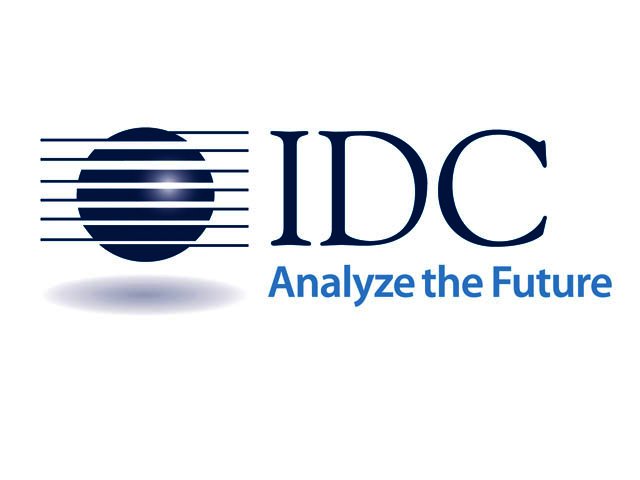Local IT spending to reach R150 billion by 2016
By Hanleigh Daniels 1 November 2012 | Categories: news
Overall IT spending in South Africa has increased by 7.1% year-on-year during 2011 to a grand total of $12.91 billion (more than R111.6 billion), according to the latest figures from market analytics company IDC (International Data Corporation).
The IDC’s data shows that advances within the sphere of mobile communications and technology have resulted in high levels of consumer spending on PCs and smartphones in 2011. The home sector recorded the largest share of total IT expenditure at 20% within South Africa.
Joining the home- and public sectors as the drivers of South Africa’s IT expenditure are the combined transport, communications, utilities and finance industry. Together, these sectors accounted for 72.6% of the total IT spend in the country during 2011.
A large percentage of the IT expenditure within the communications sector was a result of infrastructure upgrades, which involved the laying and improvement of undersea cables as well as broadband networks. Increased back-office automation contributed to IT spending within the financial sector.
Central IT investment themes
According to IDC, the key themes of IT investment remain operational efficiency, cost optimisation, innovation, and customer centricity.
While consumers, government entities, as well as big corporates within the communications, finance, and manufacturing sectors remain the country’s biggest investors in IT, opportunities for significant growth also exist in the fast-growing SMB (small-to-medium business) segment.
IDC stated that SMBs dominate the local services business environment, most notably in the fields of IT, tourism, and real estate. The government’s plan to develop the SMB segment as part of its Accelerated and Shared Growth Initiative (AsgiSA) is expected to deliver even greater incentive for IT spending within this sector.
The increasing IT spending by government organisations, the corporate sector, as well as local consumers is being boosted by a growing population, increasing middle-class wealth, and continuing infrastructure expansion, according to IDC. All of these factors combine to make South Africa a more attractive market for IT vendors.
“The growing availability of wired and wireless access, along with decreasing communications costs, is driving sales of notebooks, netbooks, tablets, and smart handheld devices among consumers, while e-government policies are propelling IT spending by various government departments as they seek to automate their processes,” stated Jebin George, a senior research analyst at IDC Middle East, Africa, and Turkey.
The IDC stated that looking ahead, overall IT spending in South Africa will steadily increase at a compound annual growth rate (CAGR) of 6.2% over the coming years to reach $17.42 billion (around R150 billion) by 2016.
“South Africa is at the forefront of the growth currently being seen in the African continent’s middle-class population, especially with its Black Economic Empowerment (BEE) program,” George said.
“In line with this, we expect to see a surge in demand for products and services across verticals, as a large percentage of South Africa’s low-income population becomes wealthier, which will bring significant advantages to the economy and result in increased IT investment,” concluded
George.
In related news, IDC also recently provided an analysis of the third quarter 2012 performance of the mobile phone market, revealing that vendors shipped 444.5 million mobile phones and 179.7 million smartphones during Q3 2012.
Most Read Articles

Have Your Say
What new tech or developments are you most anticipating this year?



